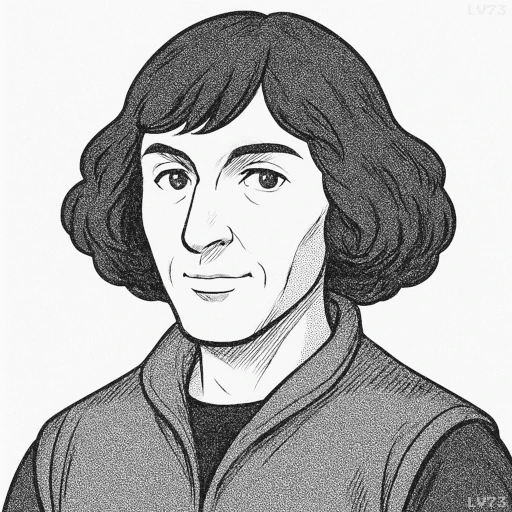“To know that we know what we know, and to know that we do not know what we do not know, that is true knowledge.”

- February 19, 1473 – May 24, 1543
- Polish
- Astronomer, Mathematician, Founder of the Heliocentric Theory
table of contents
Quote
“To know that we know what we know, and to know that we do not know what we do not know, that is true knowledge.”
Explanation
This statement captures the essence of intellectual humility and epistemic clarity. By declaring that true knowledge lies in recognizing both what we know and what we do not, Copernicus emphasizes a foundational principle of critical thinking. The first part, “to know that we know what we know,” affirms the importance of understanding and being confident in verified knowledge. The second part, “to know that we do not know what we do not know,” urges restraint and honesty in areas where certainty is lacking.
This mindset was essential for a thinker like Copernicus, who proposed a radical astronomical theory in an age dominated by traditional doctrine. His work demonstrates the courage to question accepted truths while acknowledging the limits of human understanding, especially in a field like astronomy where complete certainty was elusive. His call for precision in knowing what is known—and caution in the face of the unknown—establishes a model of scientific integrity that remains relevant.
In today’s world of rapid information, this quote serves as a reminder to be discerning learners and responsible communicators. From public discourse to academic research, distinguishing between fact, belief, and uncertainty is crucial. Whether navigating misinformation or forming policies based on scientific evidence, Copernicus’ words reinforce that wisdom begins with the honest acknowledgment of our own limitations.
Would you like to share your impressions or related stories about this quote in the comments section?

